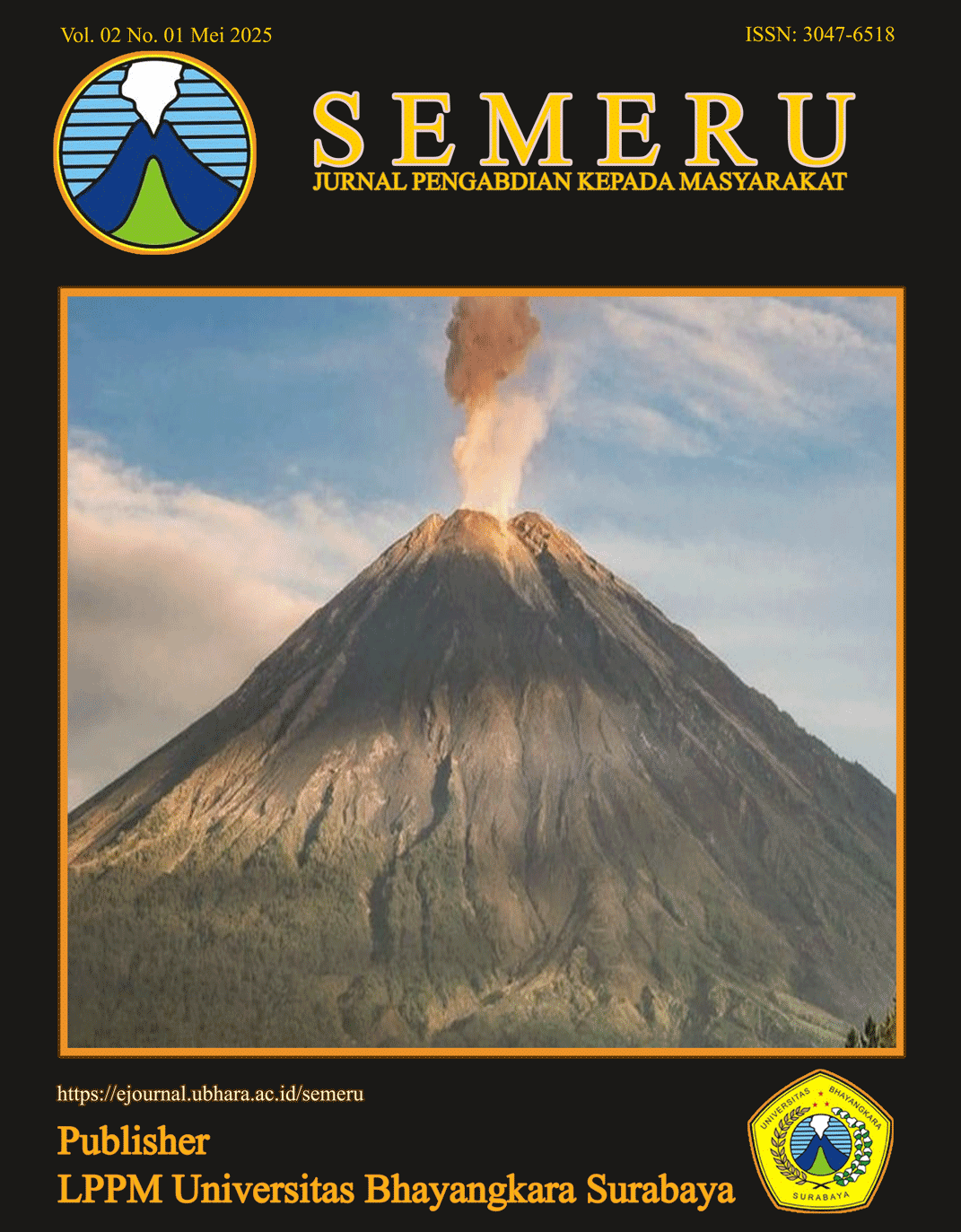SMART VILLAGE: PENERAPAN APLIKASI LAYANAN DESA DIGITAL DI KECAMATAN ARUT SELATAN
Isi Artikel Utama
Abstrak
This research aims to explore social and institutional dynamics in the implementation of digital village service applications as part of the Smart Village program in South Arut District, Central Kalimantan. The phenomenon studied focuses on the readiness of village apparatus, changes in administrative culture, community response, as well as local obstacles and adaptation in facing digital transformation. This study uses a qualitative approach of the case study type to understand the process, meaning, and experiences of the perpetrators in depth. Data were collected through semi-structured interviews with village officials, community leaders, and residents, participatory observation during training and implementation activities, and documentation from service archives and village reports. The results of the study identified four main themes, namely: (1) the readiness and challenges of village apparatus in technology adoption, (2) the transformation of administrative work culture from manual to digital systems, (3) diverse community responses and participation, and (4) technical barriers such as limited internet networks and locally developed collaborative solutions. These findings suggest that the success of the digitization of village services depends not only on technology, but also on local social, cultural, and institutional readiness. This research contributes to the development of literature on village digitalization, especially in non-urban areas, and presents practical implications for policymakers and implementers of Smart Village programs. The study also recommends the need for long-term mentoring and community-based approaches to ensure the sustainability of digital innovation at the village level.

